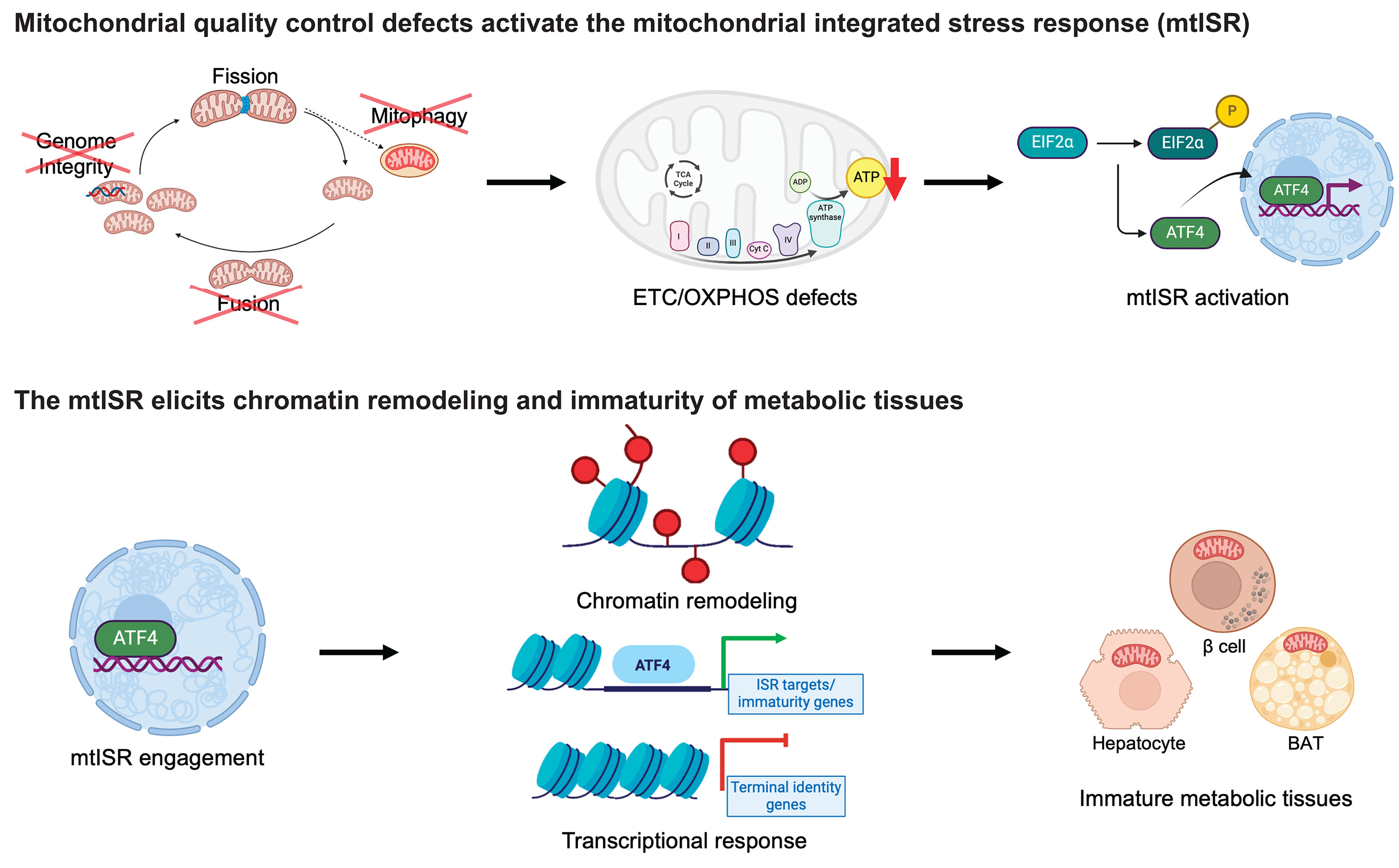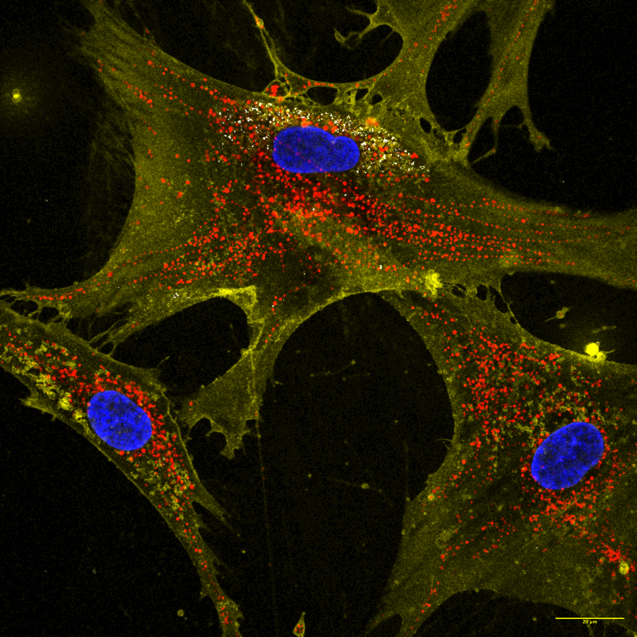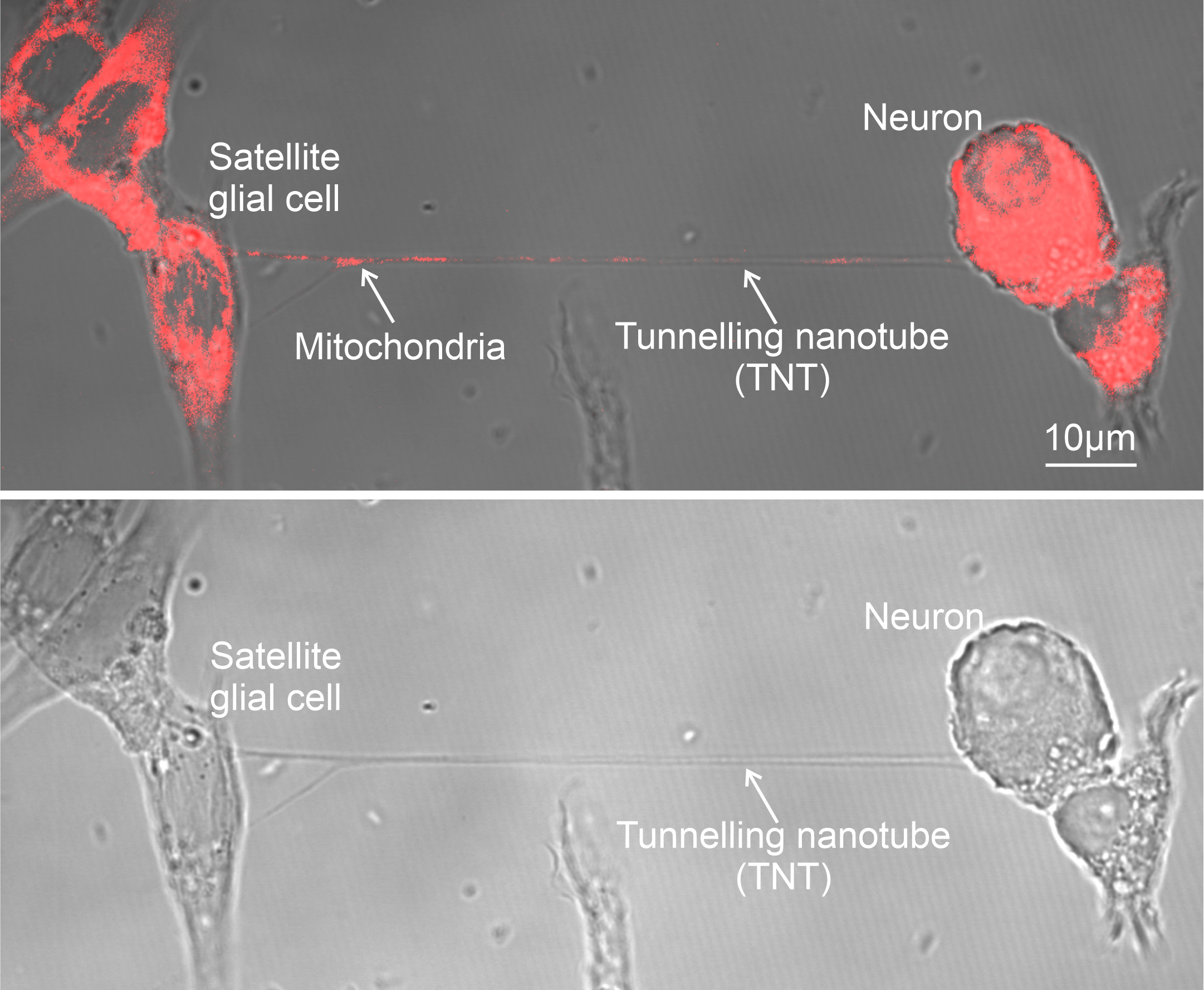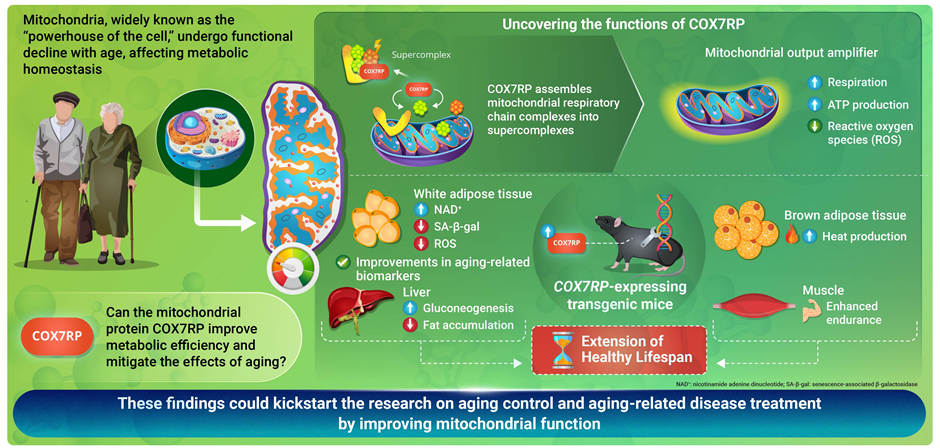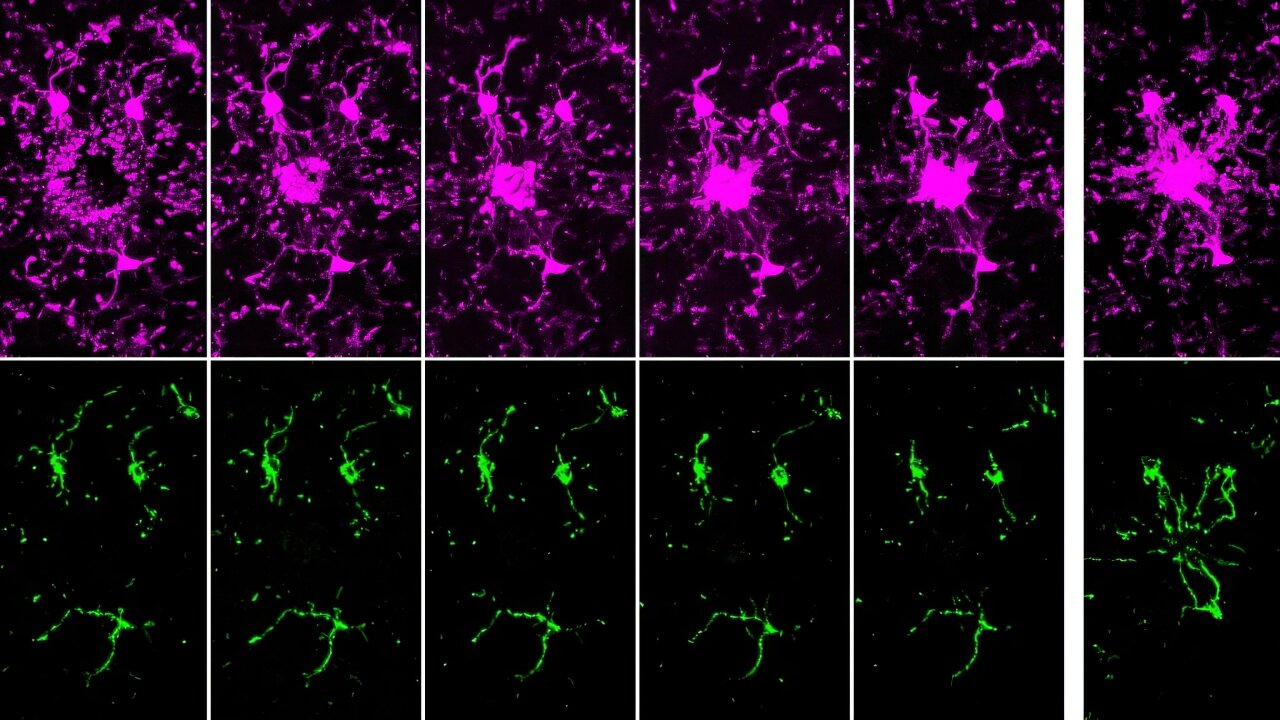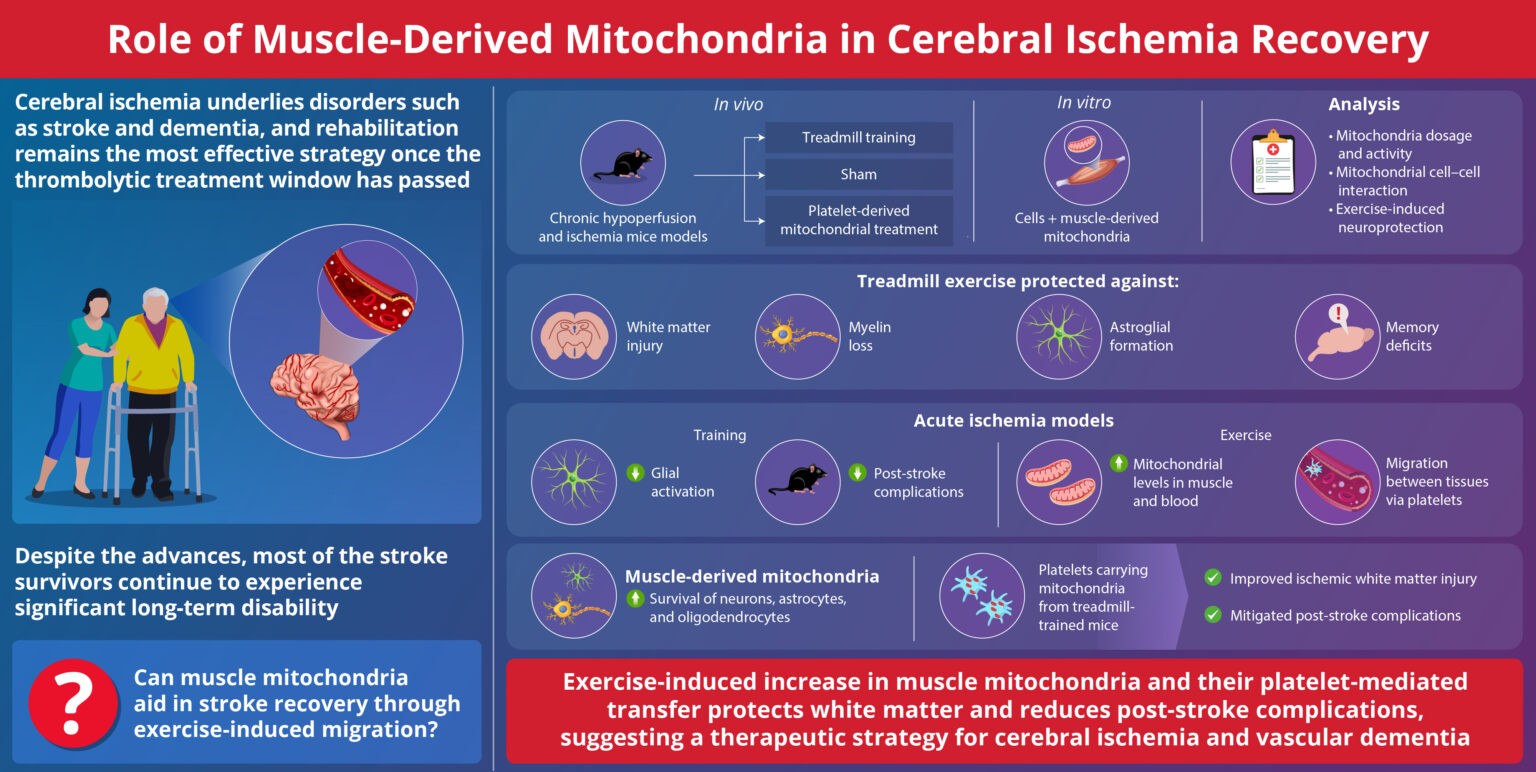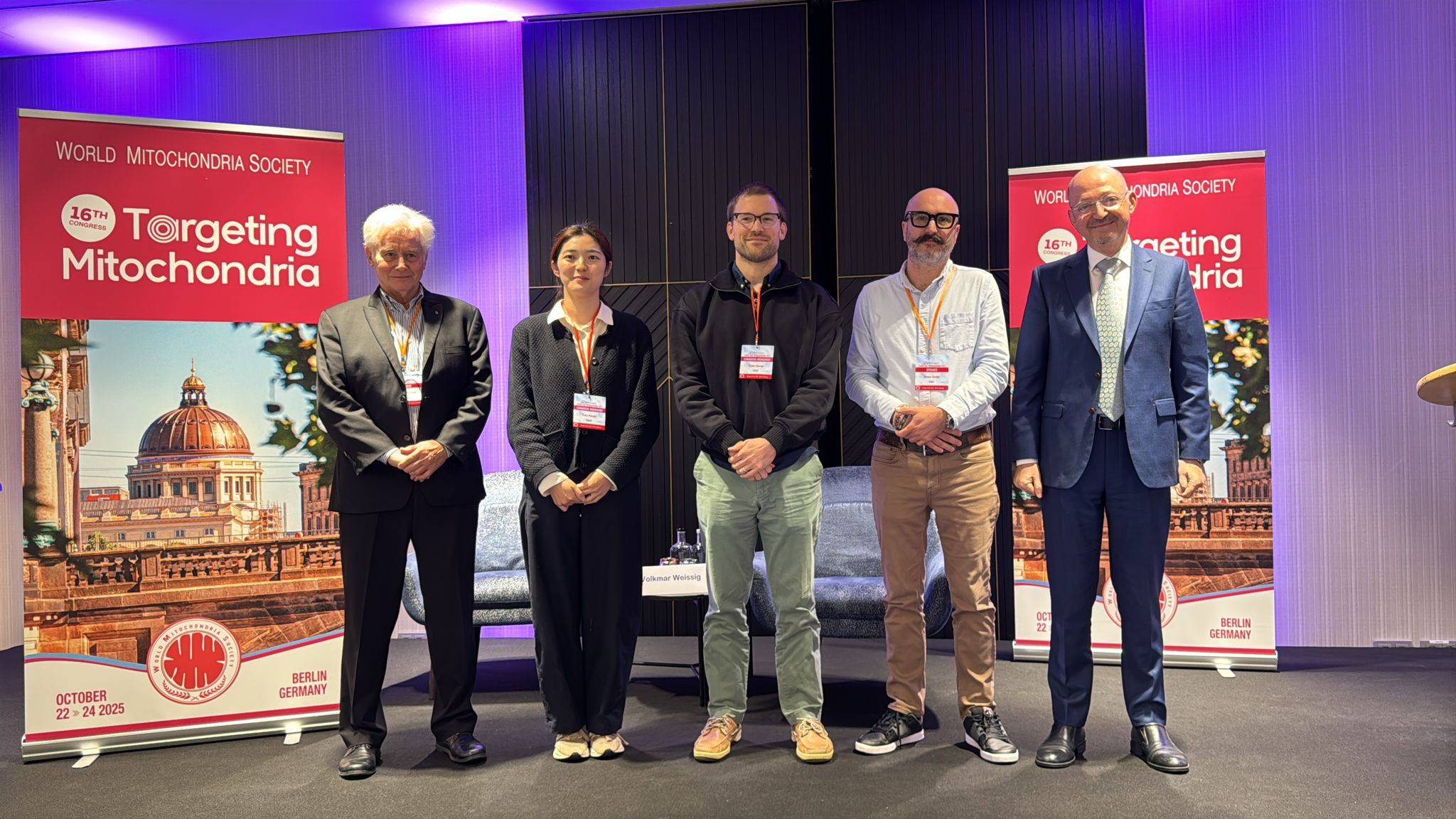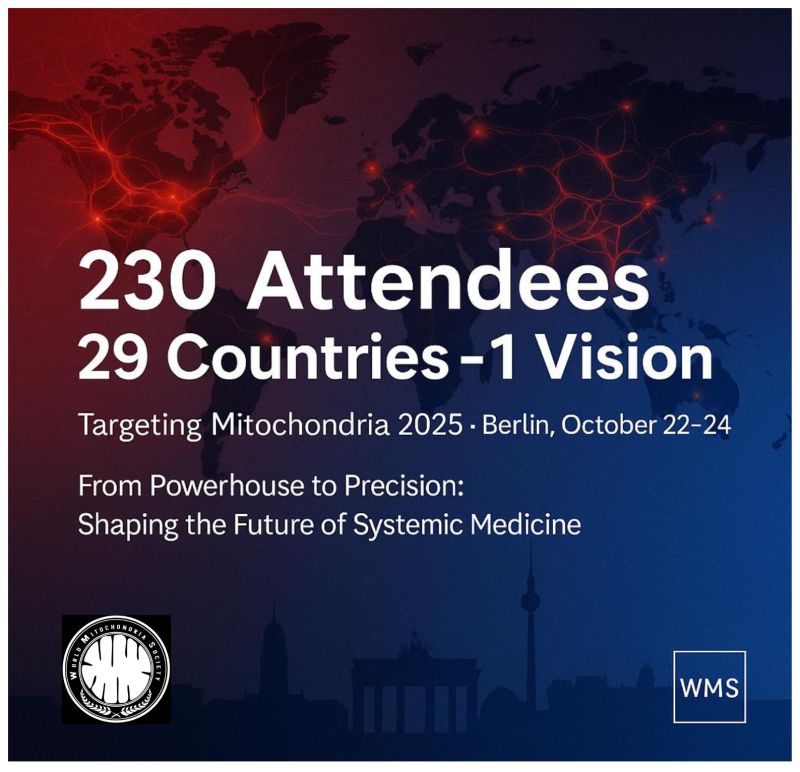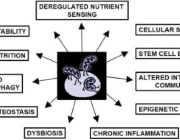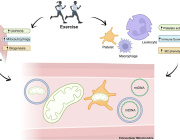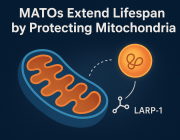Roles for mitochondrial dysfunction in Alzheimer’s disease
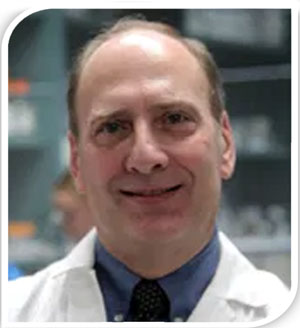
The Scientific Committee of Targeting Mitochondria 2020 Congress invited Prof. Benedict C. Albensi from Max Rady College of Medicine - University of Manitoba, Canada to present his research on "Roles for mitochondrial dysfunction in Alzheimer’s disease" during the Targeting Mitochondria 2020 Congress, which will be held on October 29-30, 2020.
According to Prof. Benedict C. Albensi: Alzheimer’s disease (AD) is thought to be associated with multiple factors, where the greatest risk factor for AD is aging. In addition, much research has focused on amyloid beta and tau pathology as causative factors in AD. However, new data involving brain metabolic activity, proposes that altered mitochondria are a major force behind the development of AD. Understanding mitochondrial dysfunction and targeting mitochondrial bioenergetics could be a novel treatment approach holding great promise for preventing or treating AD.
For more information about Targeting Mitochondria 2020: https://targeting-mitochondria.com
FBXL4 Deficiency leads to increased clearance of Mitochondria
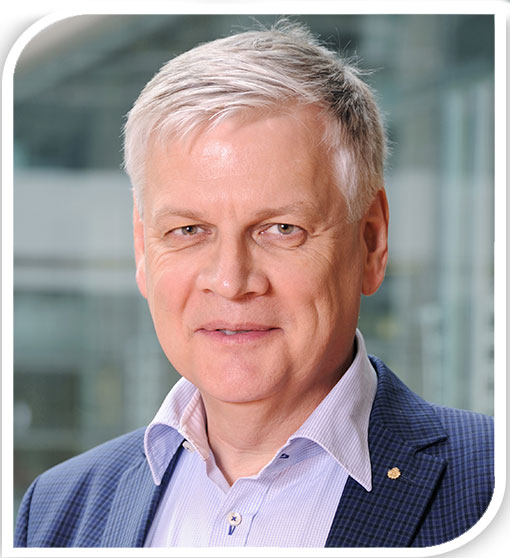 The Organizing Committee of Targeting Mitochondria 2020 Congress is honored to announce the participation of Prof. Nils-Göran Larsson from Karolinska Institutet, Sweden.
The Organizing Committee of Targeting Mitochondria 2020 Congress is honored to announce the participation of Prof. Nils-Göran Larsson from Karolinska Institutet, Sweden.
Prof. Larsson will give a talk entitled "FBXL4 Deficiency leads to increased clearance of Mitochondria" during the congress which will be held on October 29-30, 2020.
Summary of the Talk: Pathogenic mutations inFBXL4 lead to OXPHOS defects and mtDNA depletion associated with encephalopathy, developmental regression, epileptic seizures and other types of neurological deficits. Despite the frequent occurrence and severe consequences of FBXL4 mutations in humans, the function of the FBXL4 protein has remained poorly understood. We generated mice that lack FBXL4 and show that they recapitulate important aspects of the human disease, including mtDNA depletion. Using proteomic approaches, we found a general decrease of mitochondrial proteins accompanied by an increase in lysosomal proteins inFbxl4 knockout mice as well as in fibroblasts derived from patients with loss-of-functionFBXL4mutations. Unexpectedly, expression of nuclear genes encoding mitochondrial proteins and mitochondrial translation remained unaffected in the absence of FBXL4. We present data showing that the molecular phenotype instead is explained by increased autophagic removal of mitochondria, leading to a global decrease of cellular mitochondrial content. Treatment with the lysosomal inhibitor ammonium chloride rescues mitochondrial protein stability inFBXL4knockout human cells, consistent with the hypothesis that increased autophagy flux is an important pathophysiological event. Further studies are needed to explore the therapeutic potential of these findings, in particular, whether inhibition of autophagy may provide a strategy for treatment of affected patients.
Targeting Mitochondria 2020 Congress
October 29-30, 2020
www.targeting-mitochondria.com
Variety of non-coding RNA imported and encoded in mitochondria
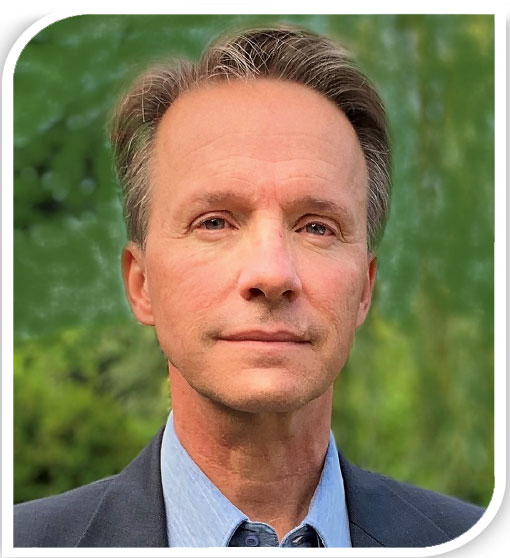
A special session will be dedicated to Non-coding RNAs in Nuclear-Mitochondrial Crosstalk: Applications for RNA Medicine
The objective of this special session is to share the latest advances on the ncRNA diversity, molecular mechanisms and their impact on mitochondrial functions and nuclear-mitochondrial crosstalk.
Dr. Eric Barrey from University Paris-Saclay, INRAE, AgroParisTech, France will chair & introduce the session.
For more information about speakers and presentations, please follow this link.
Targeting Mitochondria 2020 Congress
October 29-30, 2020 - Virtual congress
www.mitochondria-site.com
Control of cellular bioenergetics by cytosolic calcium
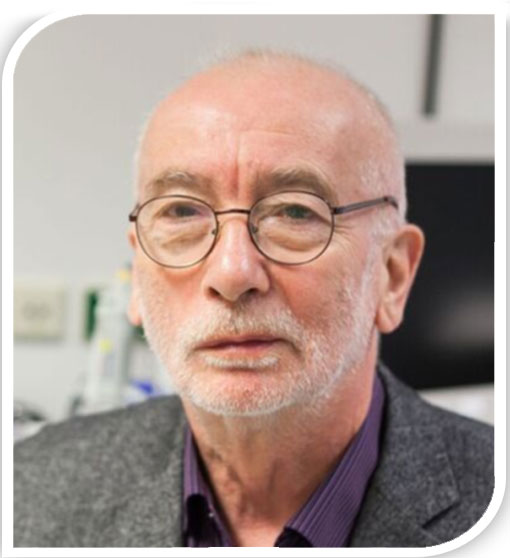 Prof. Franck Norbert Gellerich from Otto-von-Guericke University, Germany will the 11th World Congress on Targeting Mitochondria 2020 Congress which will be held as Virtual Congress in October 29-30, 2020.
Prof. Franck Norbert Gellerich from Otto-von-Guericke University, Germany will the 11th World Congress on Targeting Mitochondria 2020 Congress which will be held as Virtual Congress in October 29-30, 2020.
Summary of the abstract: To understand the regulation of cellular energy metabolism, it is necessary to consider spatiotemporal fluxes of OXPHOS key metabolites (adenine nucleotides, creatine, creatine phosphate, oxidizable substrates, oxygen, Ca2+) through mitochondrial membranes and dynamic diffusion barriers. I would like to focus on two shuttles supplying the OXPHOS with ADP and with pyruvate as well as their regulation by cytosolic Ca2+ (Ca2+cyt).
Targeting Mitochondria 2020 Congress
October 29-30, 2020 - Virtual congress
www.mitochondria-site.com
Enhanced axonal response of mitochondria to demyelination offers neuroprotection: implications for multiple sclerosis
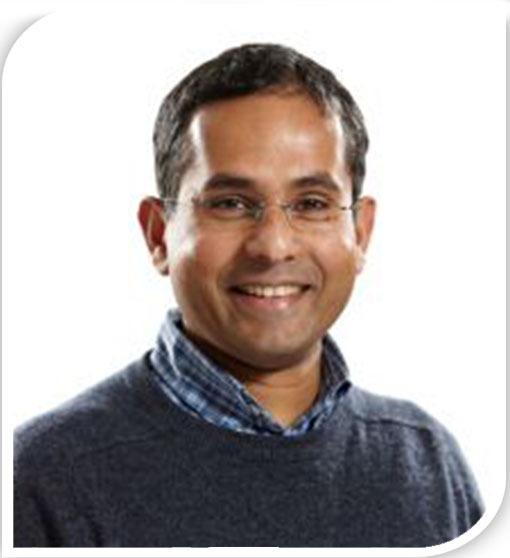 Dr. Don Mahad from University of Edinburgh, United Kingdom, will join the Targeting Mitochondria 2020 Congress on October 29-30 which will be organized virtually and give a major presentation entitled "Enhanced axonal response of mitochondria to demyelination offers neuroprotection: implications for multiple sclerosis".
Dr. Don Mahad from University of Edinburgh, United Kingdom, will join the Targeting Mitochondria 2020 Congress on October 29-30 which will be organized virtually and give a major presentation entitled "Enhanced axonal response of mitochondria to demyelination offers neuroprotection: implications for multiple sclerosis".
Axonal loss is the key pathological substrate of neurological disability in demyelinating disorders, including multiple sclerosis (MS). However, the consequences of demyelination on neuronal and axonal biology are poorly understood. The abundance of mitochondria in demyelinated axons in MS raises the possibility that increased mitochondrial content serves as a compensatory response to demyelination.
Enhancement of ARMD, by targeting mitochondrial biogenesis and mitochondrial transport from the cell body to axon, protects acutely demyelinated axons from degeneration.
Enhancement of mitochondrial dynamics in complex IV deficient neurons protects the axon upon demyelination. Consequently, increased mobilisation of mitochondria from the neuronal cell body to the axon is a novel neuroprotective strategy for the vulnerable, acutely demyelinated axon. We propose that promoting ARMD is likely to be a crucial preceding step for implementing potential regenerative strategies for demyelinating disorders.
Targeting Mitochondria 2020 Congress
October 29-30, 2020
www.targeting-mitochondria.com
Targeting Mitochondria 2020 will organized as VIRTUAL Conference
Dear Colleagues,
After a long and thorough discussion among the scientific and organizing committees, we have decided to organize our 11th Conference of Targeting Mitochondria, on October 29-30, 2020 as an ONLY online meeting.
Targeting Mitochondria 2020 Meeting is not a webinar. All registered attendees will have access to the platform when they wish and at any time.
Targeting Mitochondria 2020 Virtual Meeting:
Practical Information
Pre-Recorded Contributions:
Due to restriction and time zone difference, a pre-recorded contribution can be separately viewed online from the date of the conference, October 29, 2020, until November 29th, via the use of access code.
Prior to the Conference:
- All Invited Speakers are being asked to record their 25 minutes talks via the conference platform.
- All Short Oral contributions accepted are being asked to record their 10 minutes talks.
- All Poster contributions accepted are being asked to record their 5 minutes talks and submit the poster in PDF Format.
Conference Platform:
All contributions accepted by the scientific committee will be added to the specific conference platform prior to the conference, as indicated in the session of the program.
How to Access to all Communications (à la Carte):
Upon registration, each pre-recorded contribution can be separately viewed online from the date of the conference, October 29, 2020 until November 29th, via the use of access code. The "à la carte" presentations can be viewed in the comfort of your place.
Awards:
As each year, 3 awards will be given: Best scientific contribution, Best short oral presentation and best poster presentation. The best poster will be selected by the vote of all virtual attendees.
Questions, Contact, and Networking:
The conference platform will allow each participant to contact speakers, attendees, and sponsors. If you wish to submit your questions to speakers, you can do it before the meeting.
Chairmen and Round Table Discussion:
The Chairmen of each session will record an overview of all talks of their session. You can send also your questions to chairmen.
Registration:
We updated the registration fees for this WMS 2020 virtual meeting.
If you wish to cancel your registration, please contact us for reimbursement.
You will receive a refund for the difference in the cost of registration or keep the difference for Targeting Mitochondria 2021 congress.
Please feel free to contact us with any questions you might have.
Best regards,
On behalf of
Prof. Volkmar Weissig
President of the World Mitochondria Society
Targeting Mitochondria 2020: Present your Innovation
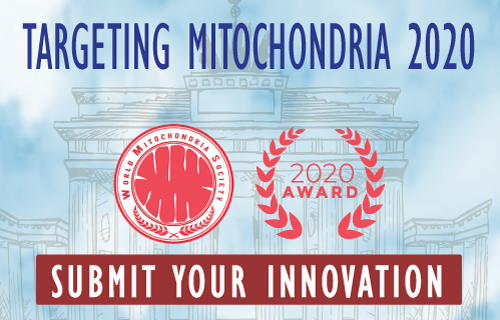 Targeting Mitochondria 2020 Scientific Committee invites scientists, academics and industrials to present all innovations and researches related to Mitochondria. Please submit your abstract by October 2, 2020.
Targeting Mitochondria 2020 Scientific Committee invites scientists, academics and industrials to present all innovations and researches related to Mitochondria. Please submit your abstract by October 2, 2020.
To register for Targeting Mitochondria 2020, please follow this link.
Prof. Carsten Culmsee, Magburg University, Germany, awarded by the World Mitochondria Society
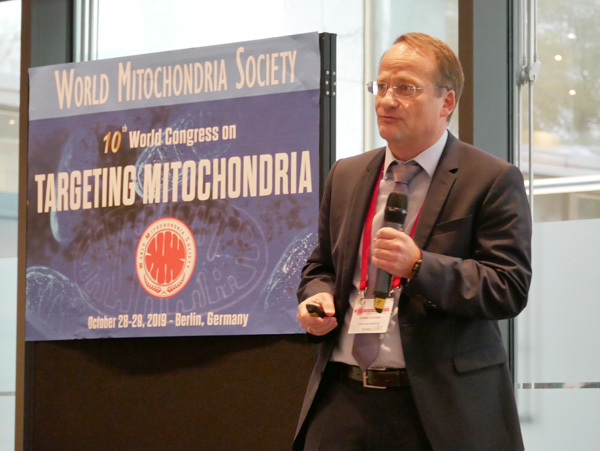
World Mitochondria Society is honored to announce the winner of the award for his exceptional scientific contribution for the year 2019, Prof. Carsten Culmsee, from the Magburg University, Germany.
Prof. Culmsee gave an excellent communication during the 10th World Congress on Targeting Mitochondria 2019, which was held in Berlin, Germany, about the role of actin-regulating proteins on mitochondria.
During Targeting Mitochondria 2019, Prof. Culmsee presented new data on the key role of actin-regulating proteins on mitochondrial integrity and function in health and disease of the nervous system and the heart. Also, his talk shows an involvement of mitochondria damage in iron-dependent regulated oxidative cell death called ferroptosis that has been identified in several different organs and tissues, including the nervous system.

For media information:
Media center: World Mitochondria Society
Contact: www.targeting-mitochondria.com
Keynote Presentation by Prof. Wallace: A Mitochondrial Etiology of the Common Complex Diseases
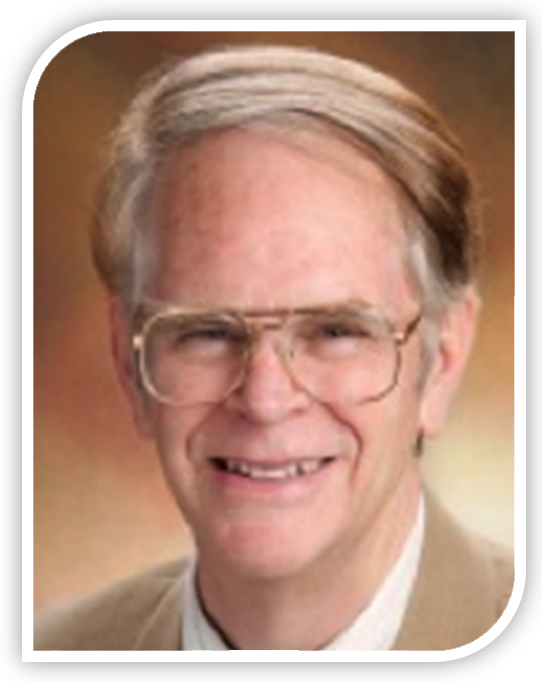
The Organizing Committee of Targeting Mitochondria 2019 congress is honoured to announce that Prof. Douglas Wallace will be joining us for our 10th Anniversary Edition of Targeting Mitochondria World Congress, which will be held in Berlin on October 28th-29th, 2019.
Prof. Douglas Wallace, Member of the National Academy of Science since 1995, is Professor of Pediatrics, Division of Human Genetics, at the University of Pennsylvania and the founding director of the Center for Mitochondrial and Epigenomic Medicine at the Children's Hospital of Philadelphia. Over the past 45 years Wallace has introduced mitochondrial DNA (mtDNA) genetics into medicine thus founding the field of Mitochondrial Genetic Medicine. In 1975, Wallace and associates showed that genetic factors could be inherited though the cytoplasm with the cytoplasmic transfer of chloramphenicol resistance. In 1980 he demonstrated that the human mtDNA is maternally inherited and in 1988 he was the first to identify an inherited human mtDNA disease, Leber hereditary optic neuropathy (LHON). Since then hundreds of mtDNA variants have been linked to disease, see MITOMAP.org. By surveying mtDNA variation in indigenous populations around the world, Wallace and his associates were able to exploit the maternal transmission of the mtDNA to reconstruct the origin and ancient migrations of women. Subsequent studies revealed that the geographic specificity of mtDNA types was the result of environmental selection and that these “adaptive” mtDNA variants can become maladaptive in new environments generating the common variants of common diseases.
At our 10th Anniversary World Congress on Targeting Mitochondria Prof. Wallace will give a Keynote Presentation titled “A Mitochondrial Etiology of the Common Complex Diseases”.
For more information about Targeting Mitochondria 2019: https://targeting-mitochondria.com
Targeting Mitochondria 2019 Congress : Information / Venue / Final Agenda
Please find here all the practical information concerning the Targeting Mitochondria 2019 Congress.
1) Badges & material delivery
The organizing committee will distribute badge and materials Sunday on October 27th, from 17pm to 18:00pm and Monday on October 28th from 7:45 am in the lobby of the Pavillon meeting room.
2) Conference venue
The Congress will be held in the Pavillon meeting room.
at the InterContinental Berlin Hotel
Budapester Straße 2, 10787 Berlin, Germany
If you want to know how to reach the Hotel from Berlin Airport, click here.
3) Targeting Mitochondria 2019 Congress Dinner
A dinner is organized on Monday, October 27 at InterContinental Hotel Berlin at 8:30 PM.
If you are not yet registered, Please register here.
4) Who is attending and Networking
In order to organize your planning & meeting with attendees, please find here the list universities and industrials on the site.
5) Certificate of Attendance
The certificate of attendance will be sent to all attendees by email after the Congress.
For all information about activities in Berlin during your stay, please visit the Berlin tourist office here.
6) Final Agenda
The scientific committee published the final Agenda of Targeting Mitochondria 2019 Congress.
We look forward to meeting you in Berlin and please don't hesitate to contact us for further information.
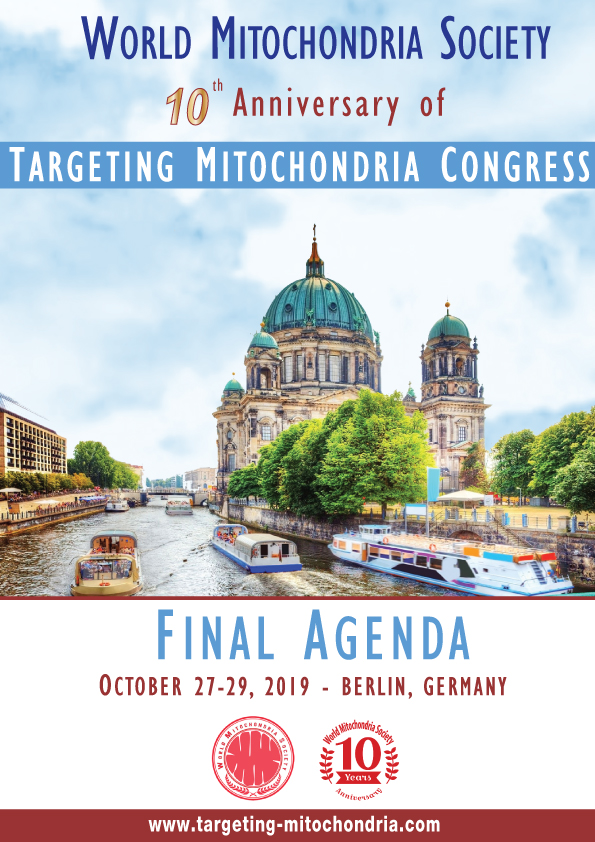 |
|
The Short Oral Contribution was discerned to Dr. Jana Schulz
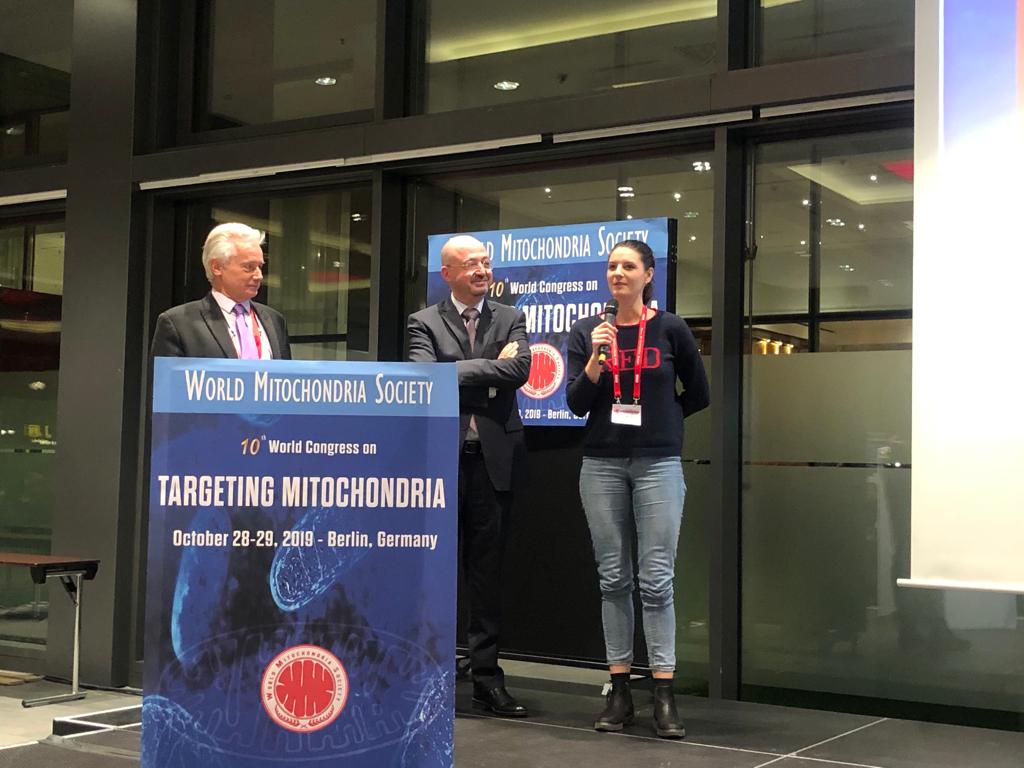
The Short Oral Contribution Award was discerned to Dr. Jana Schulz from Max Delbrück Center in the Helmholtz Association (MDC), Berlin, Germany, during Targeting Mitochondria 2019, which was held in Berlin, Germany, for her excellent oral presentation entitled "A catalogue of novel mitochondrial microproteins in the human heart".
The presentation of Dr. Schulz concluded that many cardiac long noncoding RNAs (IncRNAs) produce small proteins in vivo and a compelling fraction of which can be associated with the mitochondrion by computational and experimental analyses.
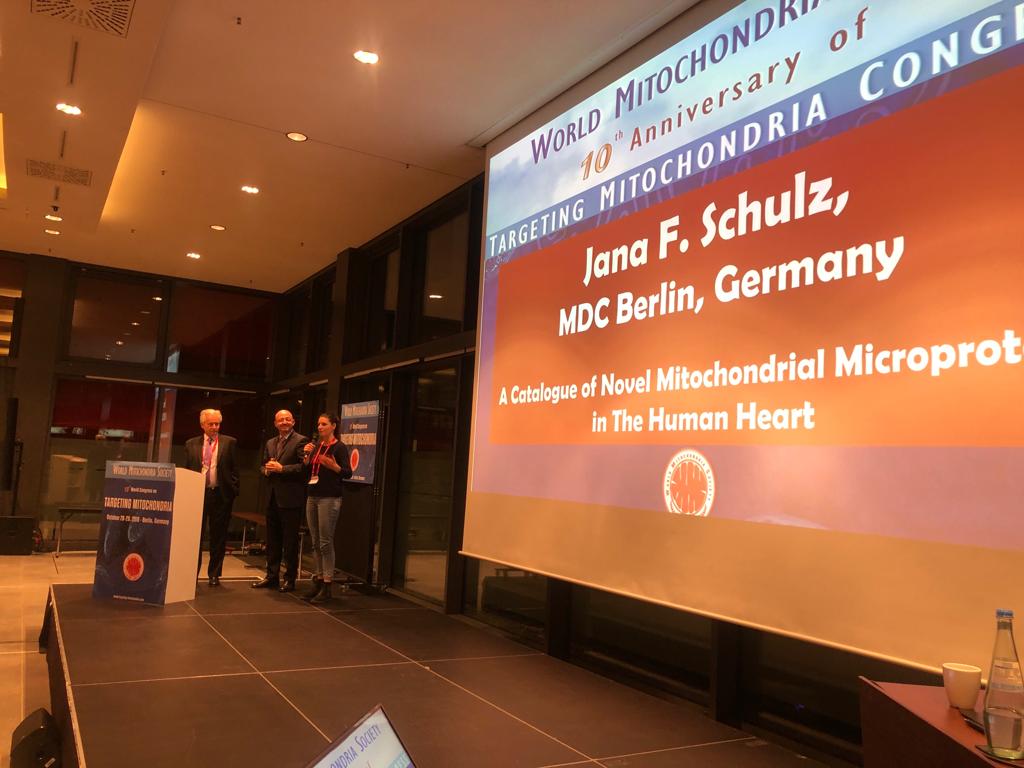
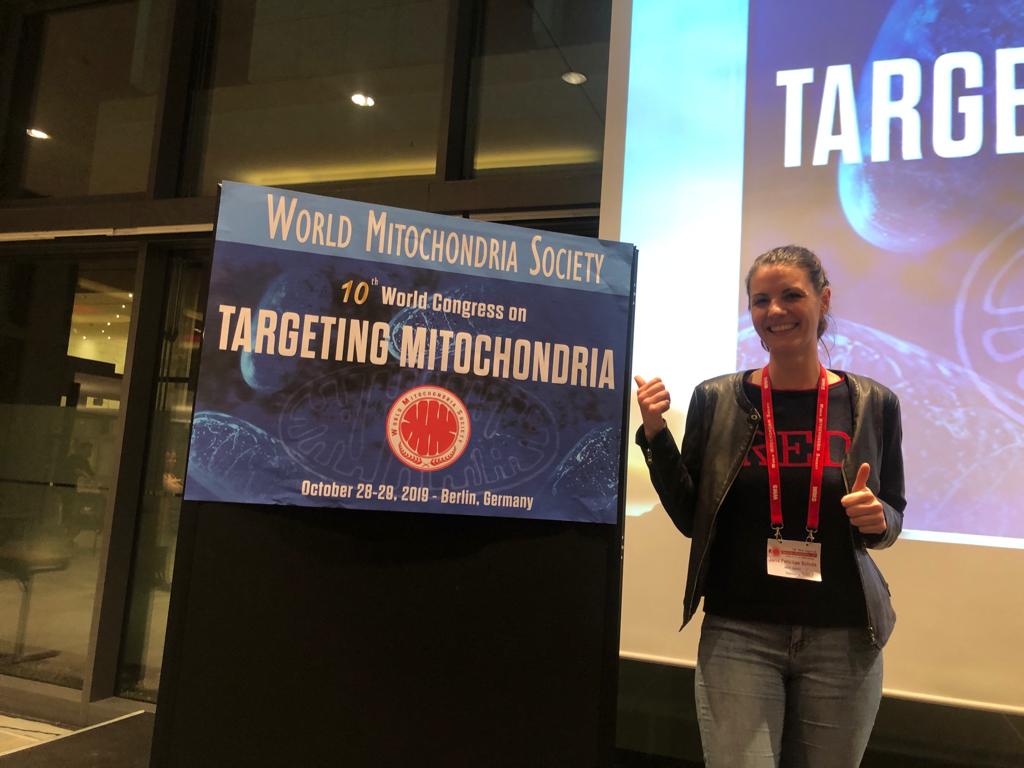
For media information
Media center: World Mitochondria Society
Contact: www.targeting-mitochondria.com
A review paper published by Prof. Weissig, president of the World Mitochondria Society
We are pleased to announce that the review paper of Prof. Weissig, president of WMS, about drug development for mitochondrial diseases, has been recently published online in Trends in Moleculaire Medicine.
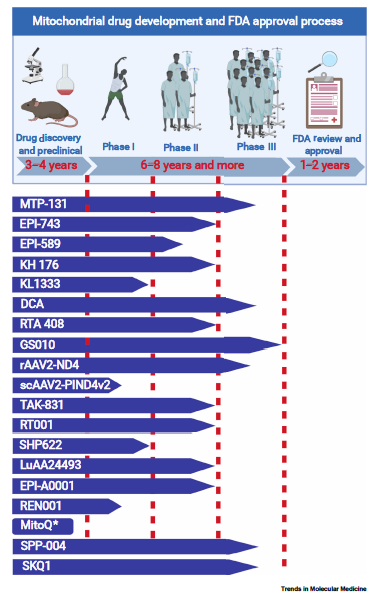
We congratulate Prof. Weissig for his excellent review.
For more information and access to the review:
Drug Development for the Therapy of Mitochondrial Diseases
Weissig V.
Trends Mol Med. 2019, Nov 11
doi.org/10.1016/j.molmed.2019.09.002
"Beautiful anomaly" by Sonja Lehmann
"Beautiful anomaly", submitted by Sonja Lehmann, from the Intitute of Molecular and Cellular Anatomy, in Aachen, Germany, is the second image selected by the Scientific Committee of Targeting Mitochondria 2019 for the 10th anniversary.
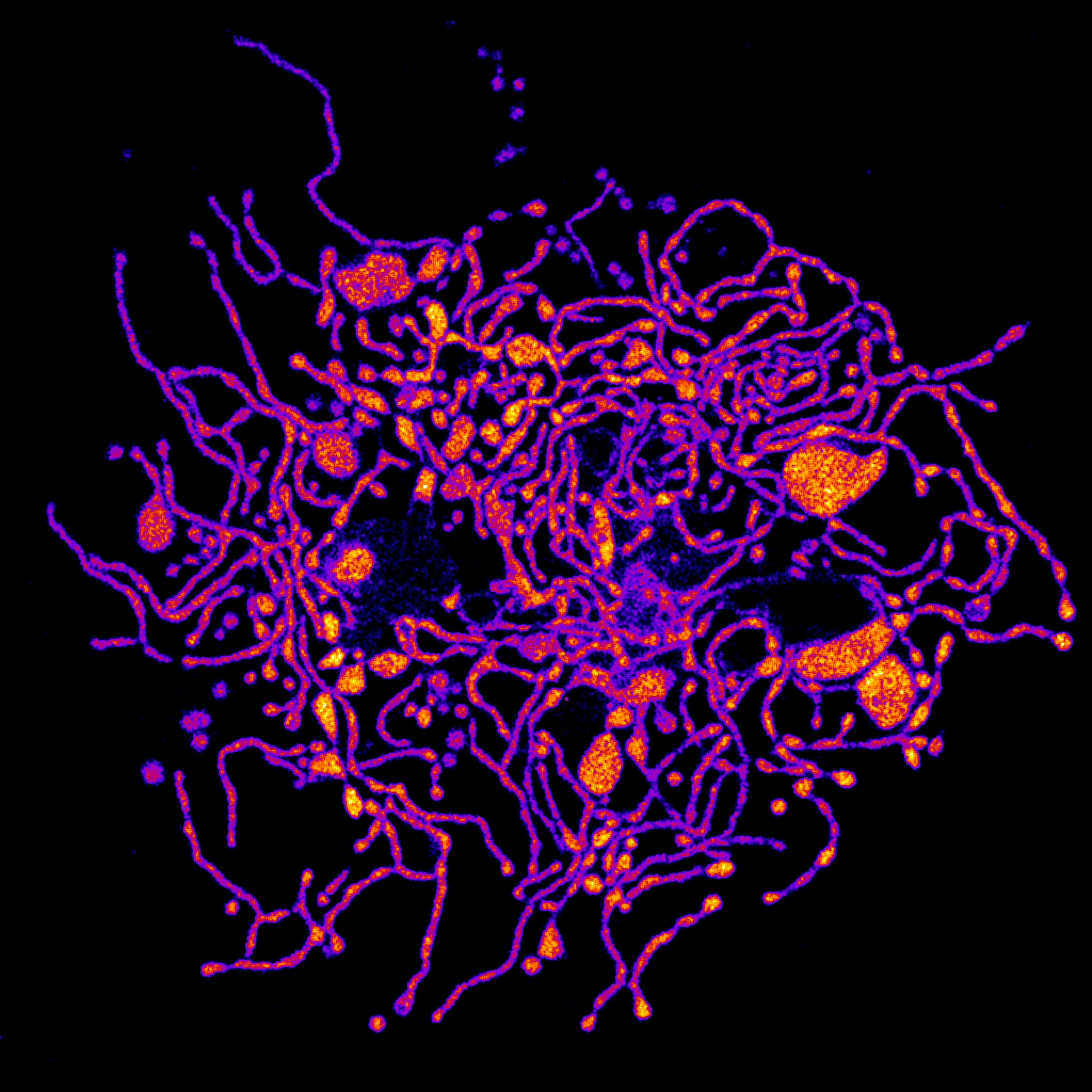
Immortalized human keratinocytes derived from patients with the hereditary skin disease Pachyonychia congenita were transfected with MitoTimer. Confocal live-cell imaging revealed the bizarre mitochondrial morphology that rarely occurs in atypical cells.
"Kissing nano-tunnels" by Patricia Morcillo
"Kissing nano-tunnels" is a beautiful image submitted to the World Mitochondria Society by Patricia Morcillo, from Albert Einstein College of Medicine, in New York, USA, and selected by the Scientific Committee for the 10th anniversary of Targeting Mitochondria congress.
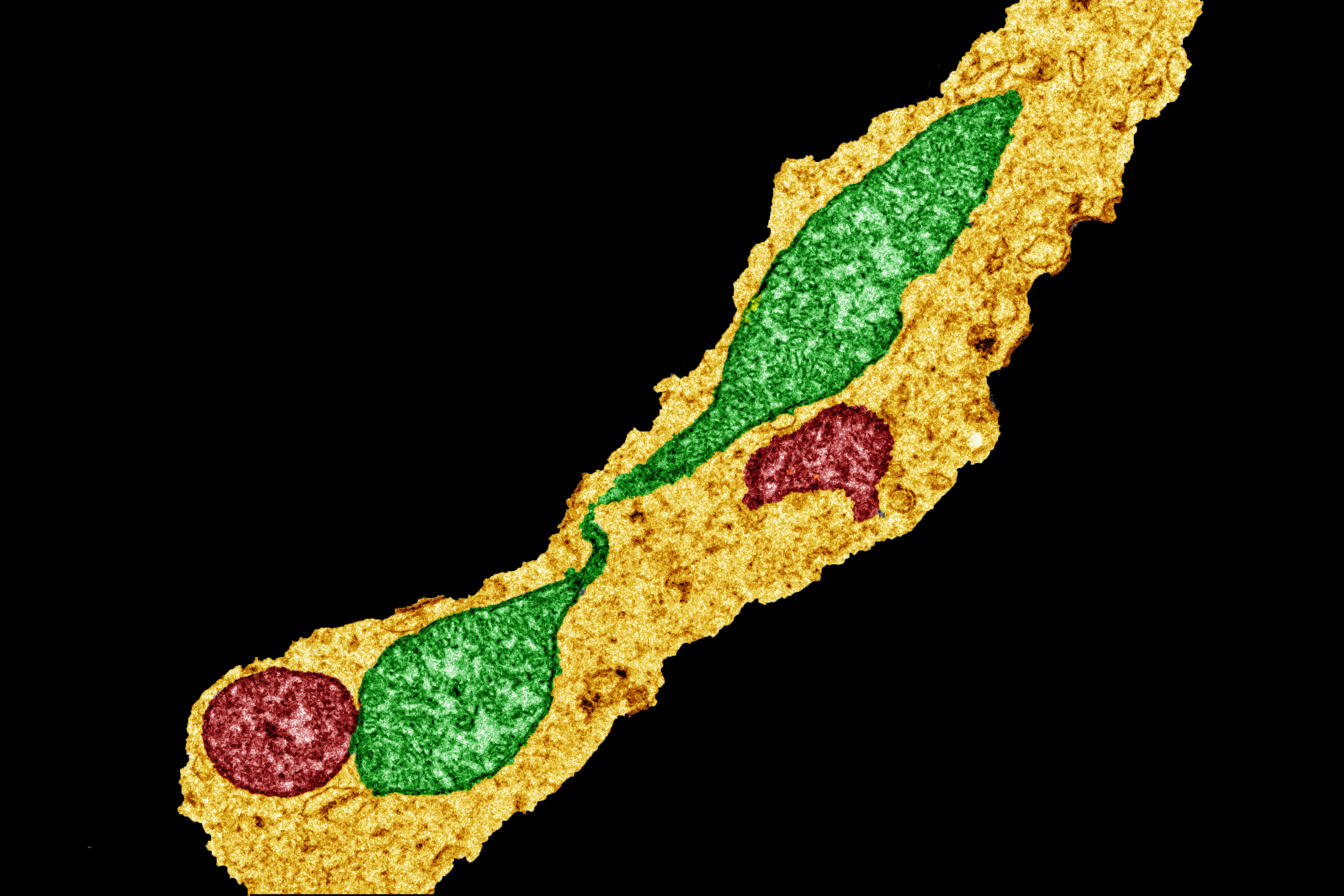
As described by Patricia Morcillo, mitochondrial communication is lost after exposure to manganese-induced Parkinsonism.
A honor for Targeting Mitochondria 2019 to welcome Prof. Douglas Wallace
It was a great honor to welcome Prof. Douglas Wallace, Member of the National Academy of Science since 1995, during Targeting Mitochondria 2019, for his excellent talk entitled "A Mitochondrial Etiology of the Common Complex Diseases".
The World Mitochondria Society would like to thank Prof. Wallace for his participation.
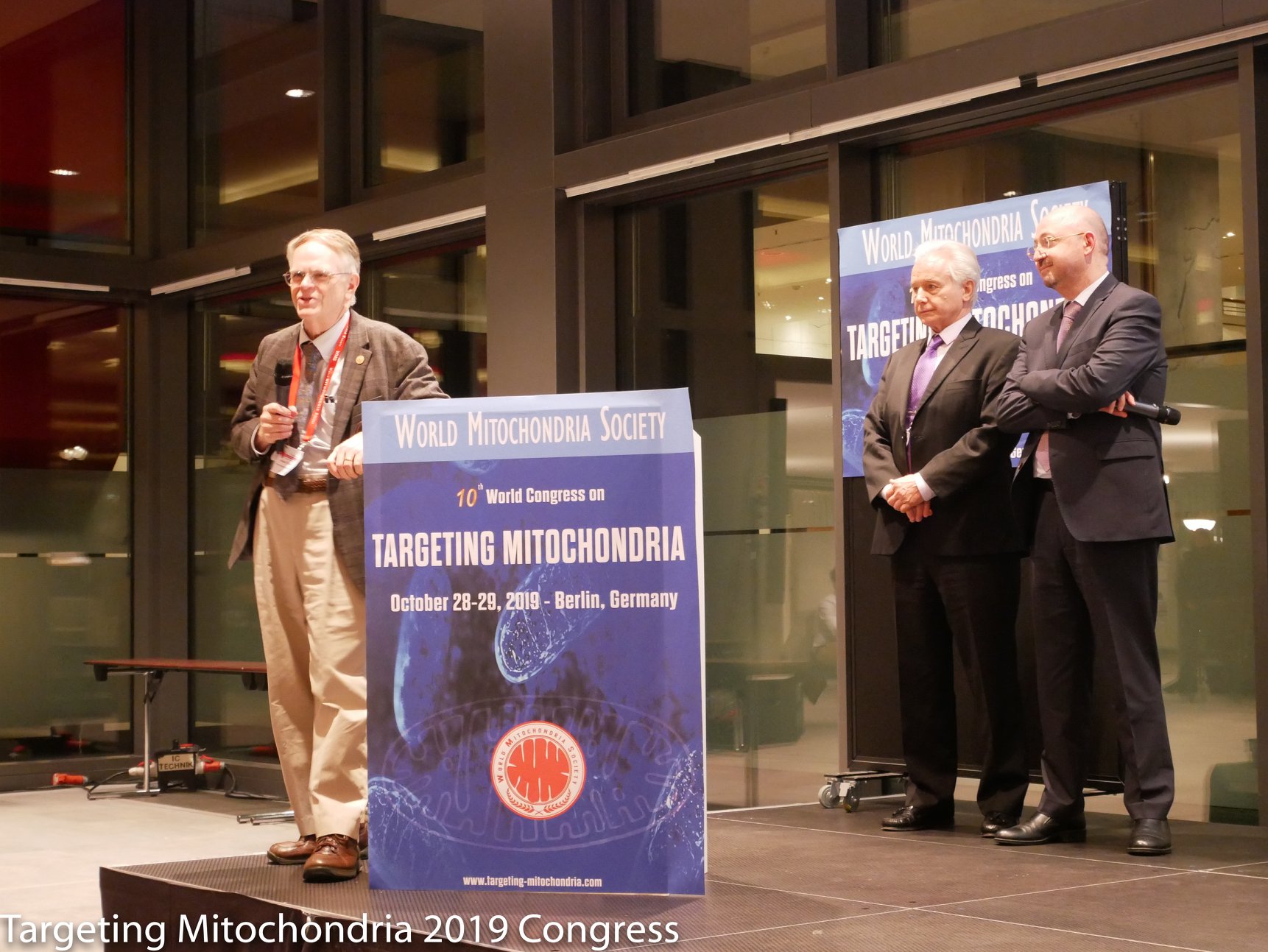
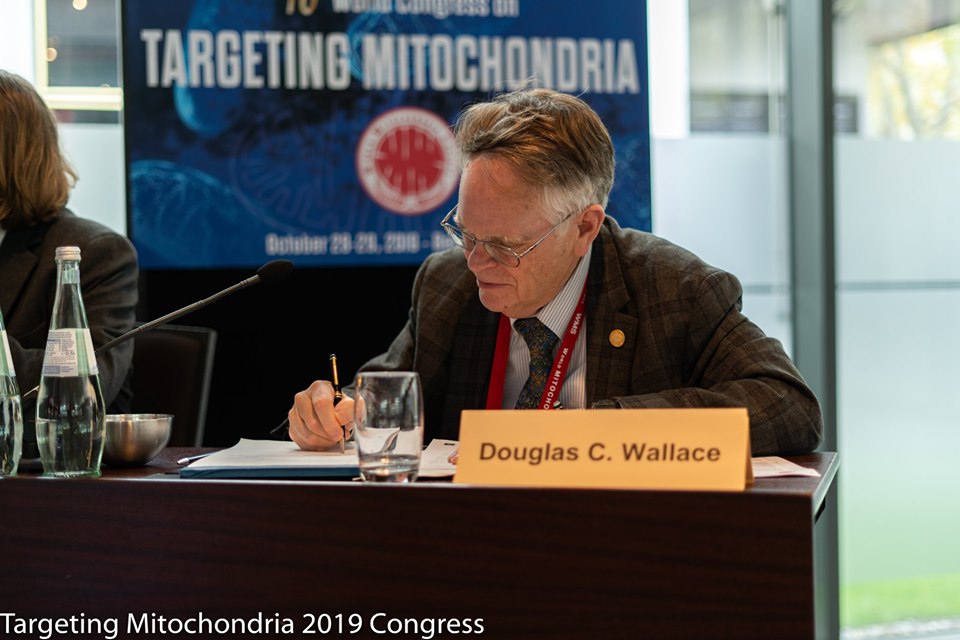
For media information
Media center: World
Mitochondria Society
Contact: www.targeting-mitochondria.com







